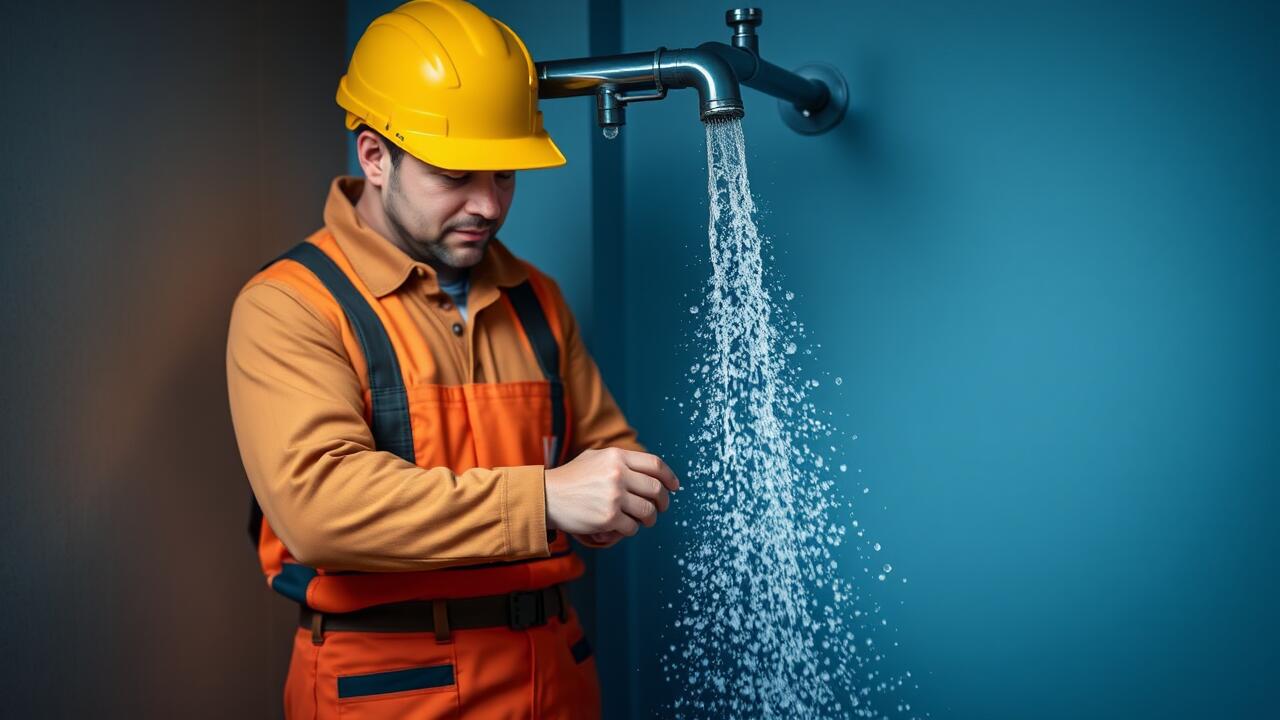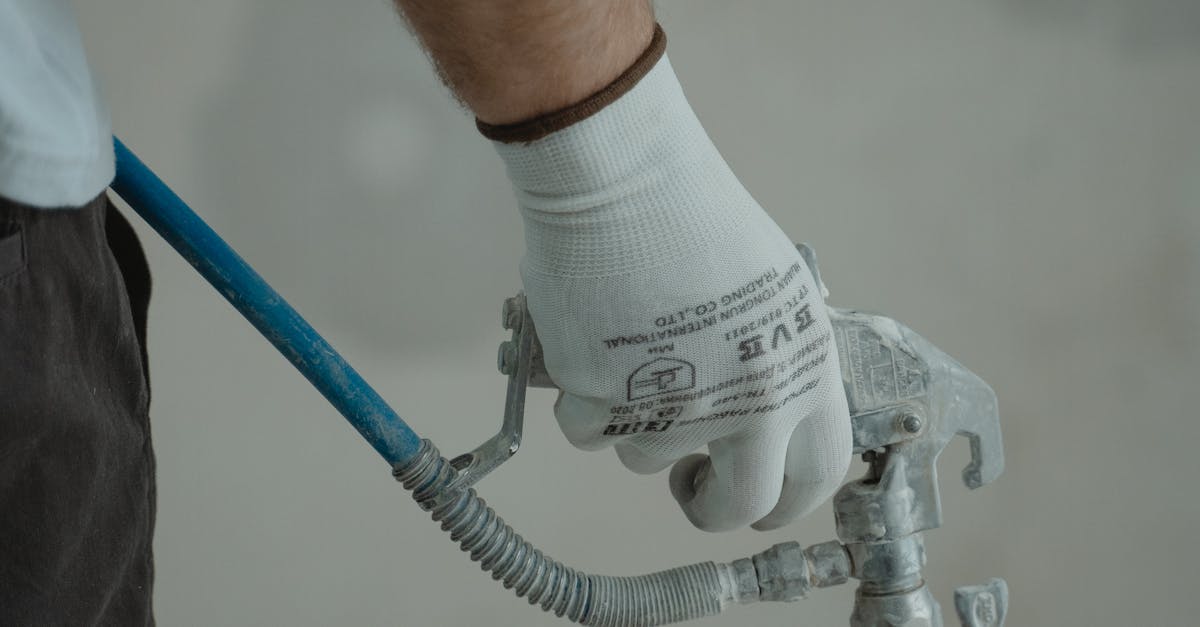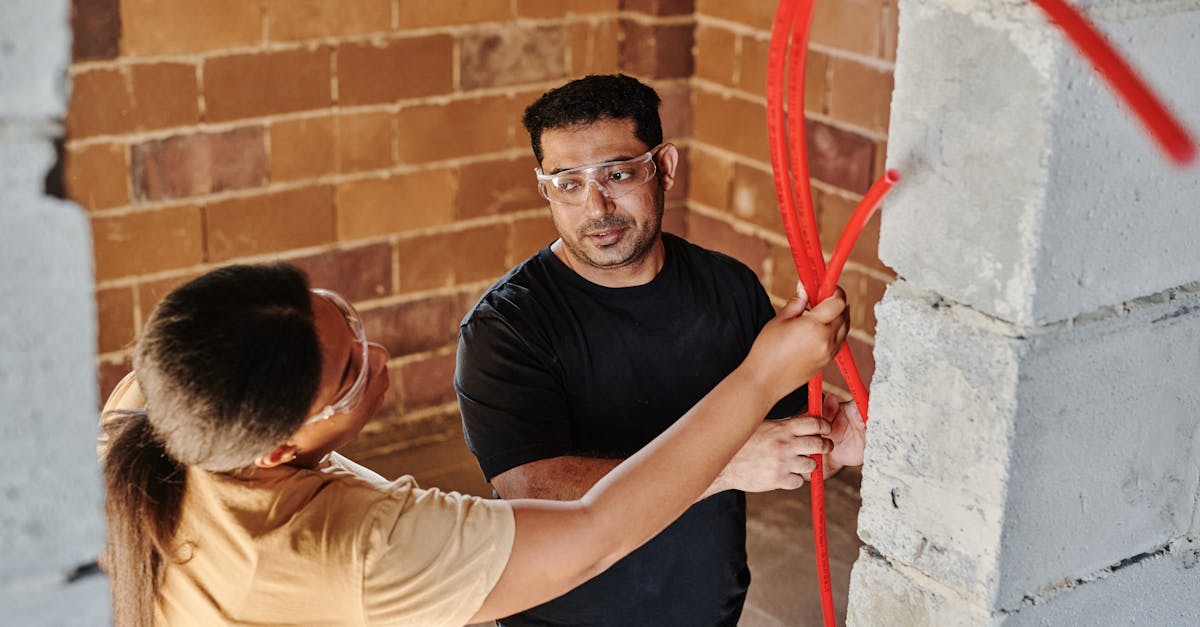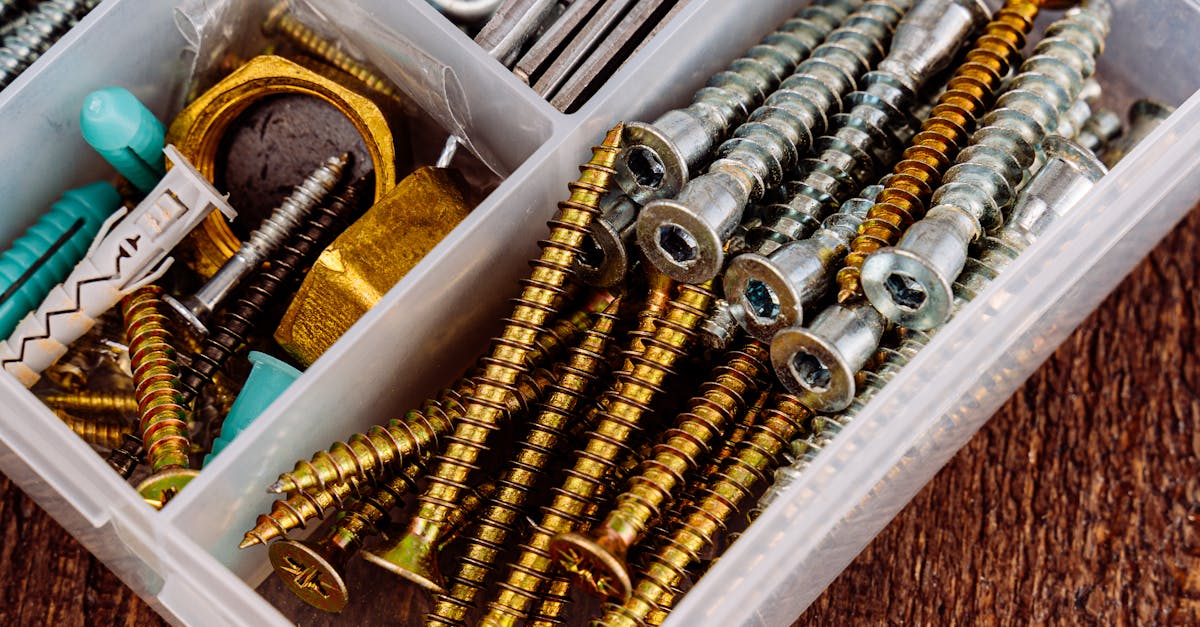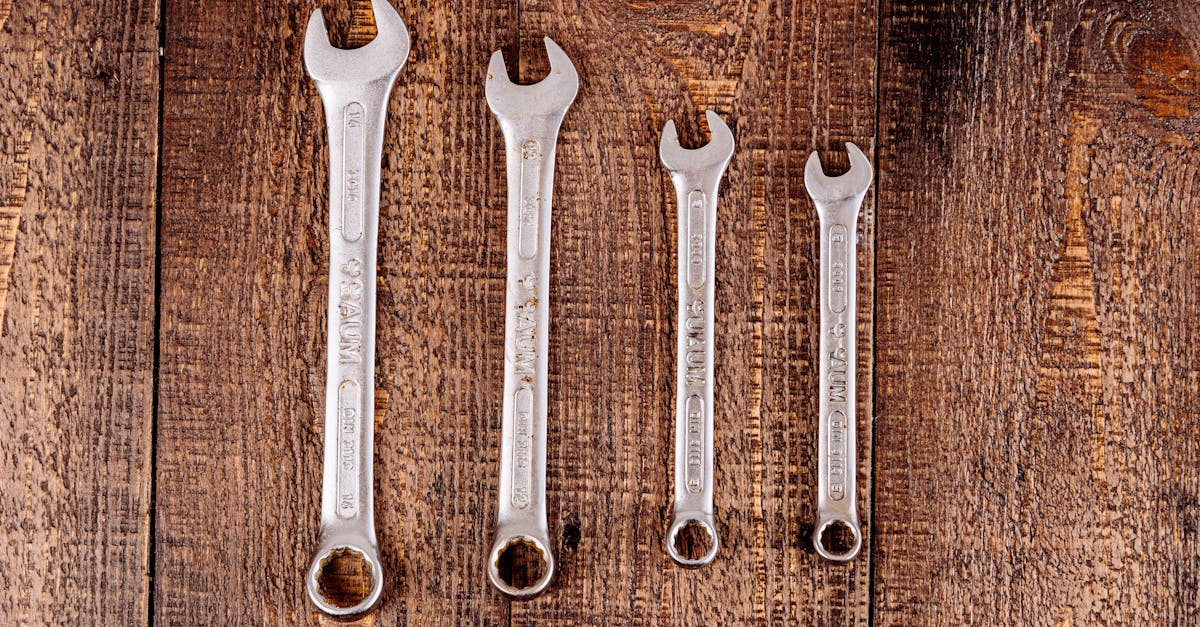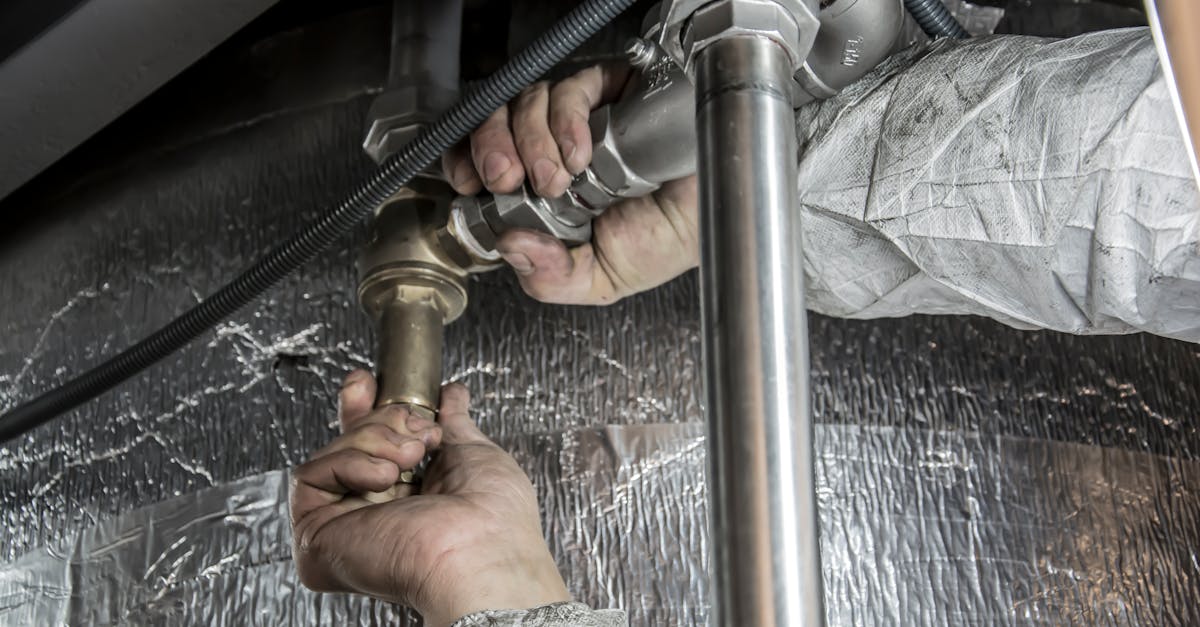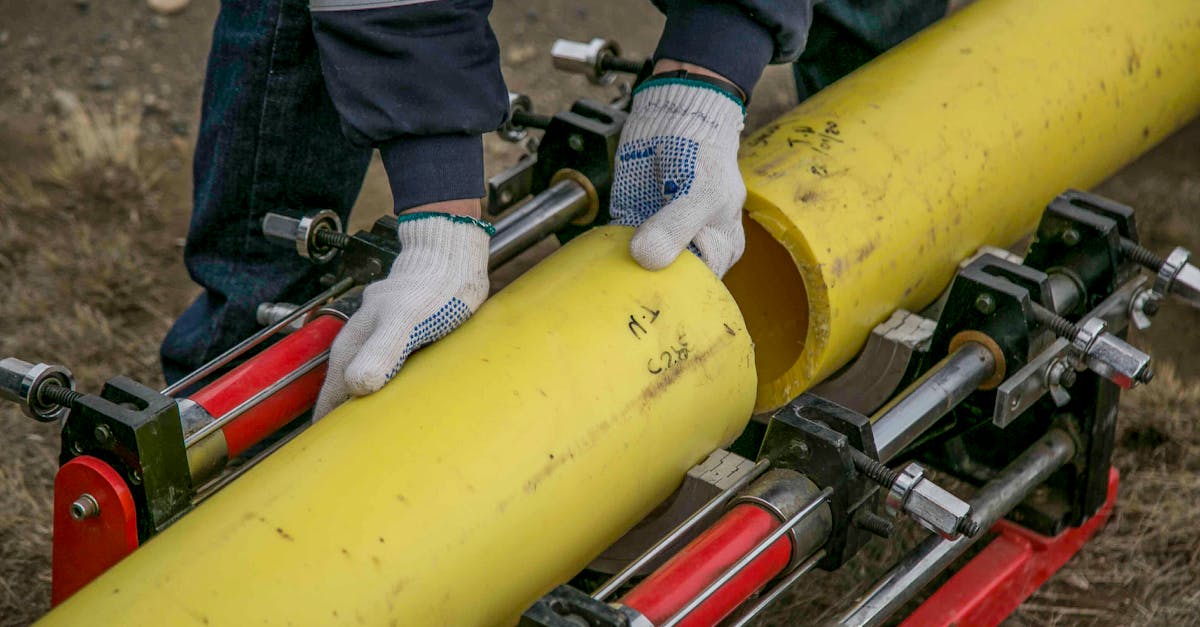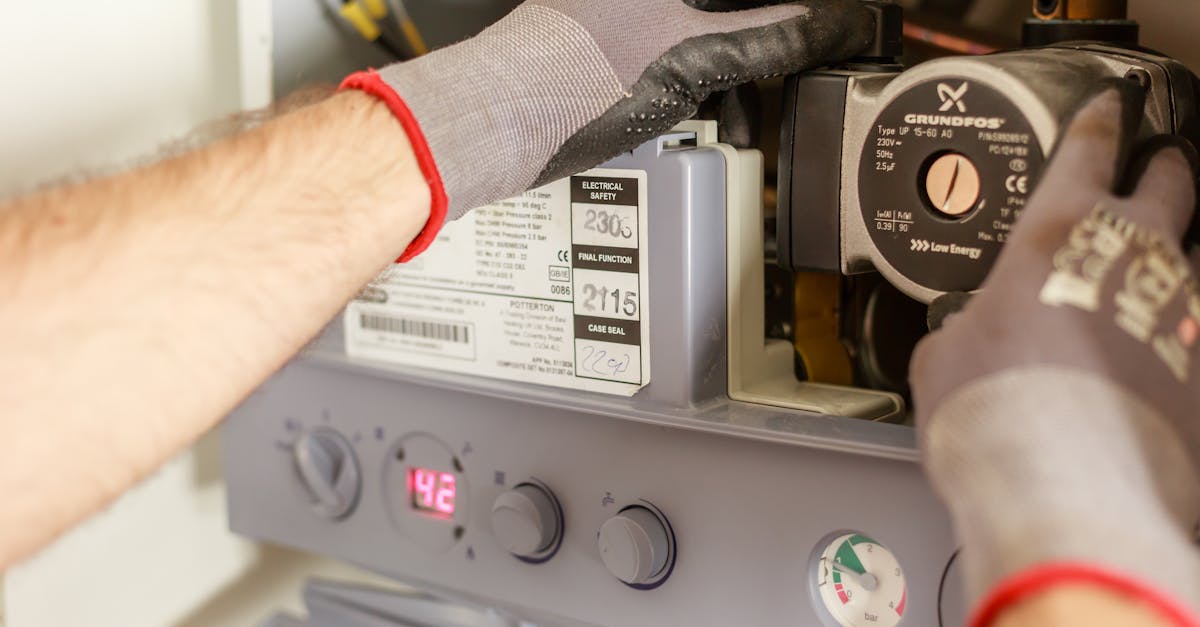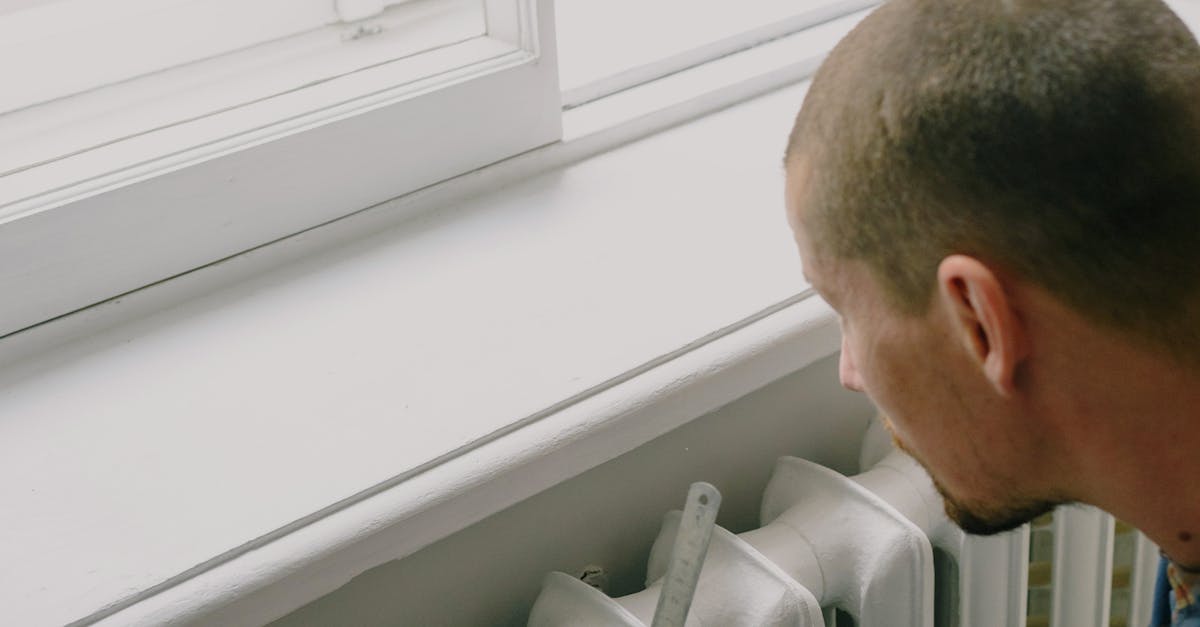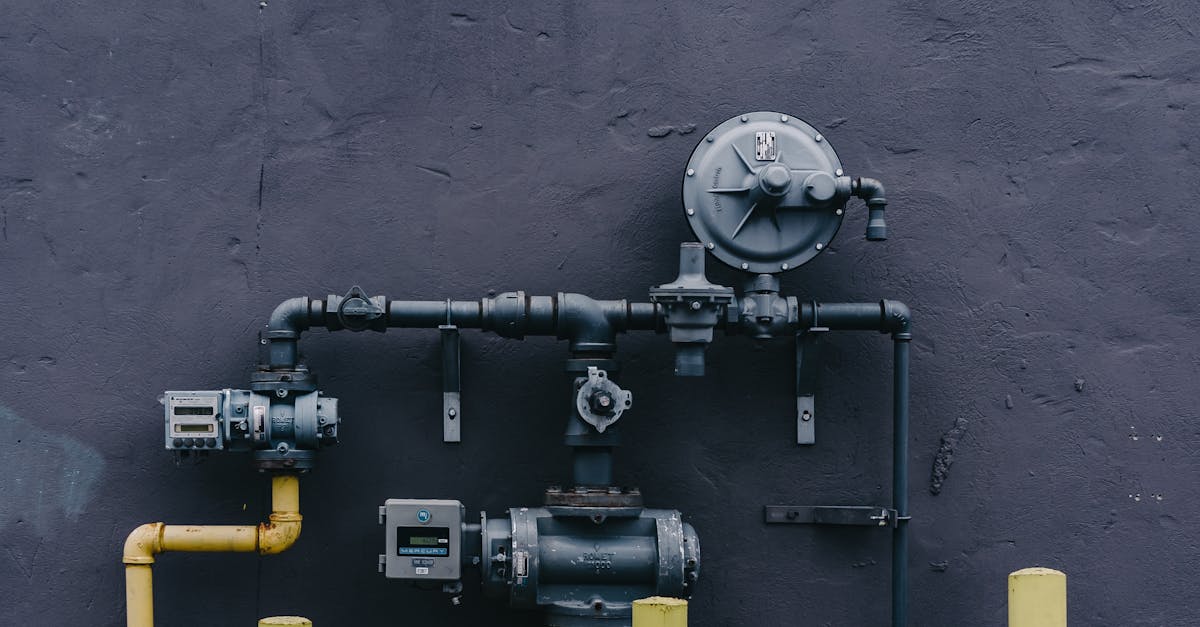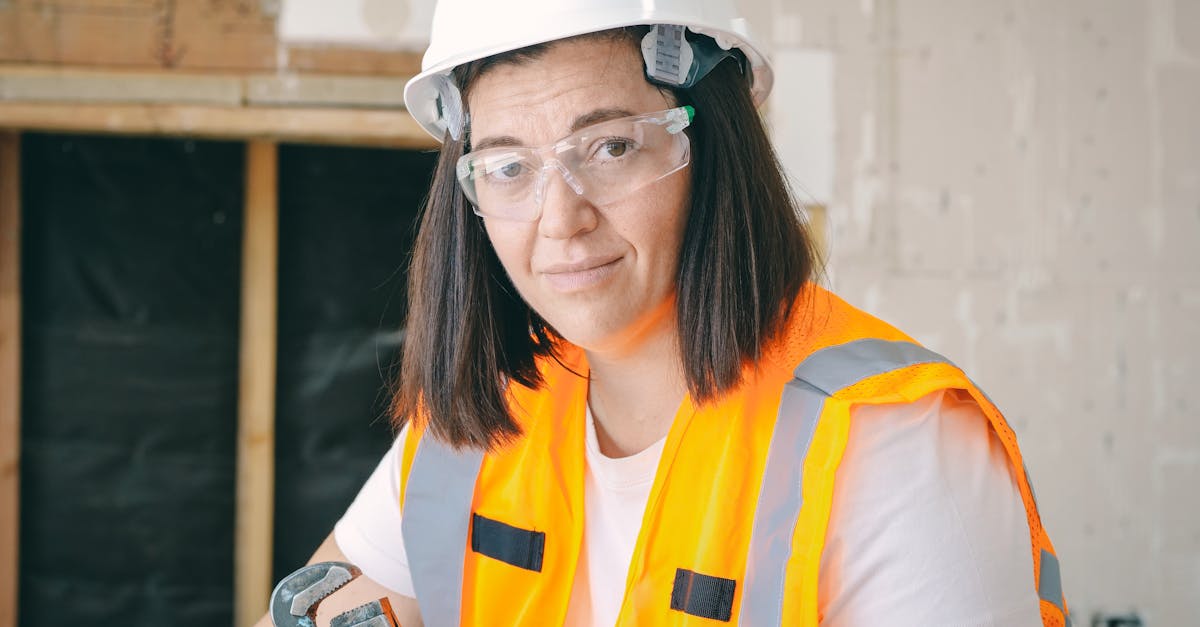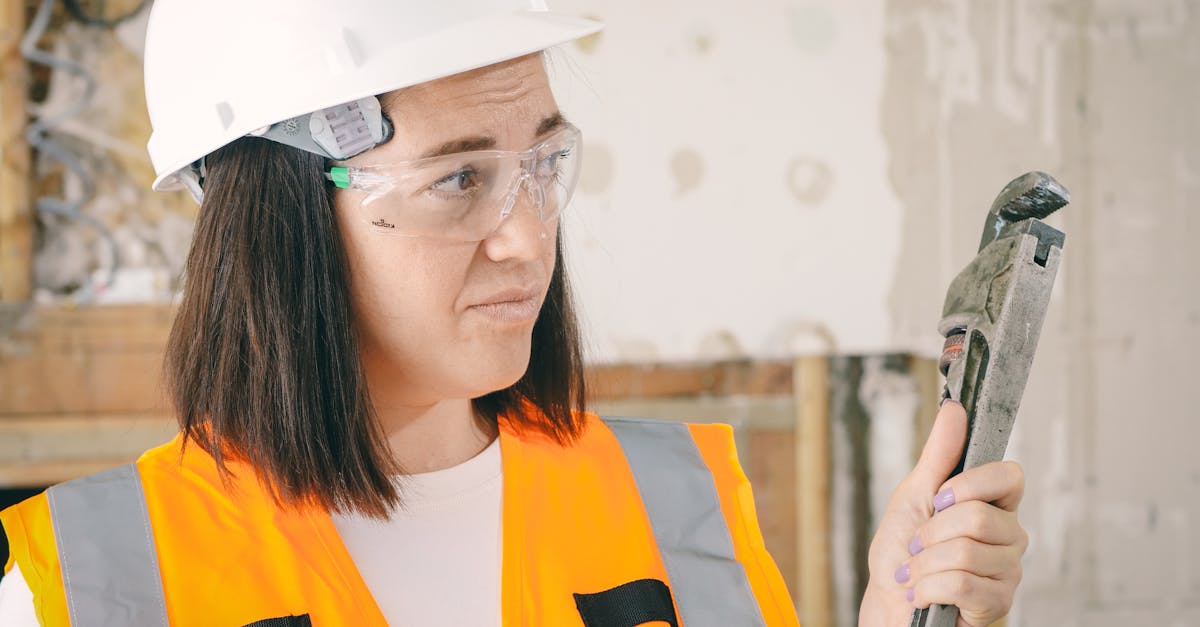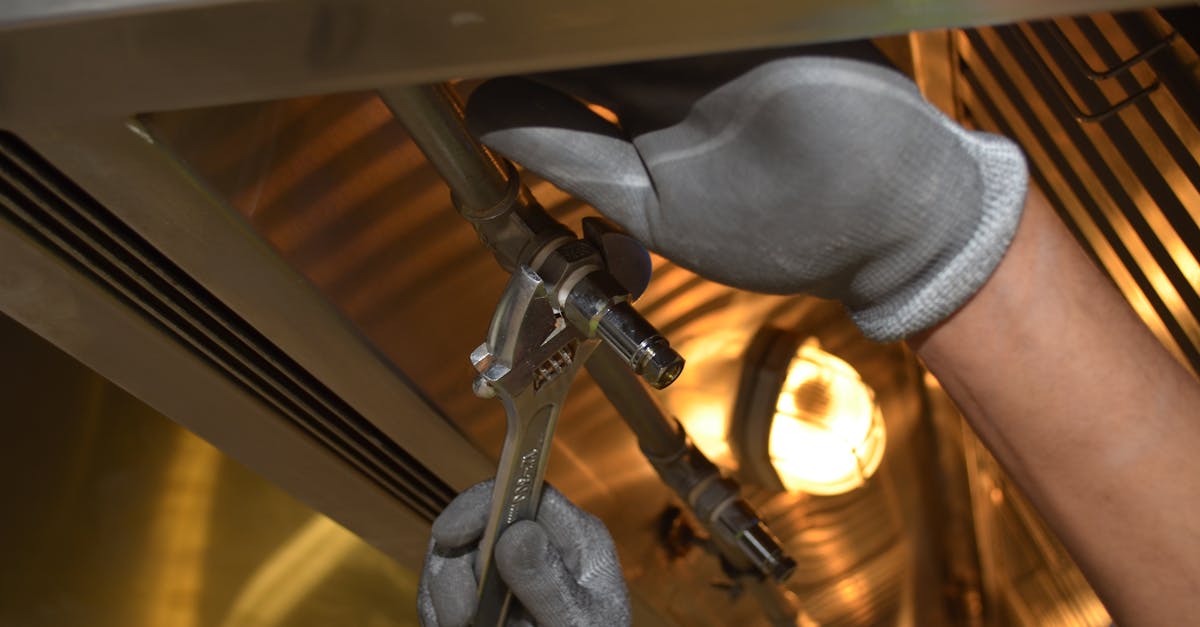
Table Of Contents
Choosing the Right Size Hot Water System
Choosing the appropriate size for a hot water system is critical to ensuring efficient operation and meeting household demands. An undersized system may struggle to provide adequate hot water during peak usage times, leading to frustration for residents. Conversely, an oversized system can result in unnecessary energy consumption and higher utility bills. Evaluating the specific needs of the household is essential, as factors such as the number of occupants, daily hot water usage, and peak demand times can all influence the required capacity.
When considering hot water installation, it is beneficial to rely on accurate calculations of consumption patterns. These calculations should take into account not just the current needs of the household but also potential future changes, like growing families or changes in lifestyle. Engaging a professional can provide insights based on experience and industry standards, ensuring the system chosen optimally balances efficiency and performance. A well-sized hot water system ultimately leads to greater energy efficiency and cost-effectiveness.
Calculating Household Hot Water Needs
Calculating the hot water needs of a household is essential for selecting the right system. Factors such as the number of residents, daily routines, and peak usage times play significant roles in determining how much hot water is required. A typical benchmark is around 50 to 70 litres per person per day, but this can vary based on lifestyle habits. For larger families or homes with increased demand, it may be advisable to consider a system that can support higher volumes or rapid recovery rates to avoid running out of hot water during peak usage.
When planning for hot water installation, it's vital to evaluate the existing plumbing infrastructure. Understanding the layout and capacity of current systems can provide insight into what type of hot water system will integrate smoothly. It is also beneficial to take into account energy sources, as some systems may operate more efficiently with specific energy inputs. By accurately assessing these needs and conditions, homeowners can ensure they select a hot water system that aligns with their requirements, maximising efficiency and comfort.
Maintenance Tips for Optimal Efficiency
Regular maintenance of your hot water system plays a crucial role in ensuring optimal efficiency. Routine checks can help identify potential issues before they escalate into major problems. It's advisable to have your system inspected at least once a year by a qualified technician. This visit can include flushing the tank to remove sediment buildup, checking the anode rod, and ensuring that all components function efficiently. An inspection can also confirm that your hot water installation meets current safety standards.
Keeping your hot water system in good condition also requires attention to minor DIY maintenance tasks. Homeowners should routinely examine the pressure relief valve and temperature settings. Adjusting the thermostat to an optimal level can reduce energy consumption. Insulating pipes can also enhance efficiency, allowing water to retain heat longer. Small actions like these help maximise the performance of your hot water installation, ultimately contributing to lower energy bills.
Regular Servicing and Inspections
Regular servicing and inspections are crucial for maintaining the efficiency of a hot water system. Scheduled check-ups allow professionals to identify potential issues before they escalate into costly repairs. During these visits, technicians can clean components, check for leaks, and ensure that the system operates within optimal parameters. This proactive approach helps prolong the lifespan of the system and enhances overall performance.
For households with a hot water installation, adhering to a maintenance schedule is especially important. Over time, sediment can accumulate in tanks, affecting heating efficiency and potentially leading to breakdowns. Routine inspections ensure that the system remains in good condition, thereby reducing the risk of emergency repairs and enhancing energy efficiency. With proper care, homeowners can enjoy the benefits of reliable hot water while minimising their environmental impact.
The Role of Heat Pumps
Heat pumps have emerged as a popular choice for those seeking an efficient hot water system. Unlike traditional electric or gas heaters, heat pumps utilise electricity to transfer heat from the air or ground to heat water, making them significantly more efficient. This technology not only reduces energy consumption but also lowers greenhouse gas emissions, appealing to environmentally conscious households. When considering hot water installation, it's important to assess the specific energy efficiency ratings of the heat pump to ensure it meets your requirements.
Incorporating a heat pump into your hot water installation can lead to substantial long-term savings on energy bills. These systems can provide several times more energy as heat than they consume in electricity. Additionally, heat pumps typically operate quietly and can be an unobtrusive addition to your home. Their ability to harness renewable energy sources positions them as a forward-thinking solution for effective water heating in Australian households.
How Heat Pumps Improve Hot Water Efficiency
Heat pumps are increasingly recognised for their effectiveness in improving hot water efficiency. These systems operate by extracting heat from the surrounding air or ground and transferring it to water, which allows them to produce hot water using significantly less energy than traditional electric resistance systems. The energy efficiency of heat pumps often translates to reduced energy costs for households, making them a financially viable option over time. This technology suits various scenarios, including new hot water installations and retrofitting older systems.
In addition to cost savings, heat pumps can contribute to environmental sustainability. By using renewable energy from the environment, they lower greenhouse gas emissions compared to conventional heating methods. Their versatility also makes them suitable for different climates, particularly in areas where temperatures remain mild. Incorporating a heat pump as part of a hot water installation can lead not only to greater efficiency but also to a more sustainable solution for meeting household hot water needs.
FAQS
What is the most efficient type of hot water system?
The most efficient type of hot water system typically depends on your specific needs, but generally, heat pump systems and solar hot water systems are considered very efficient due to their lower energy consumption.
How do I determine the right size hot water system for my household?
To determine the right size hot water system, you should calculate your household's daily hot water needs based on the number of people in your home, their usage habits, and the peak demand times for hot water.
What maintenance is required to keep a hot water system efficient?
Regular maintenance includes periodic servicing and inspections to check for any issues such as leaks, mineral build-up, and ensuring the heating elements are functioning correctly.
How do heat pumps improve hot water efficiency?
Heat pumps improve hot water efficiency by using electricity to transfer heat from the air or ground to heat the water, making them more energy-efficient compared to traditional electric or gas hot water systems.
What factors should I consider when choosing a hot water system?
When choosing a hot water system, consider factors such as the type of energy source available (electric, gas, or solar), your household's hot water needs, the system's energy efficiency rating, installation costs, and ongoing maintenance requirements.
